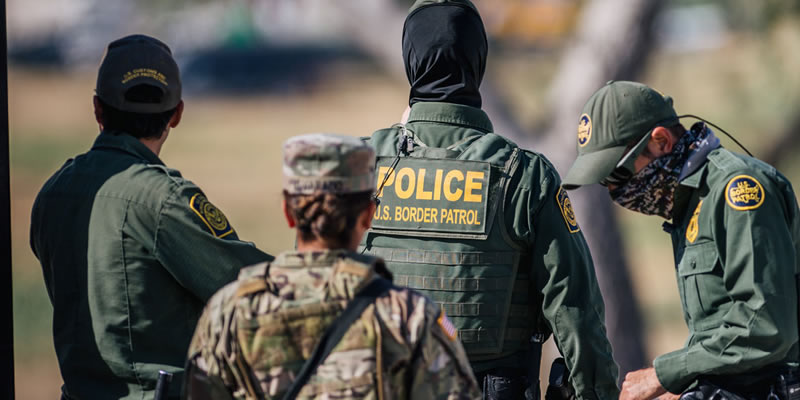
On May 24th, 2024, the U.S. Border Patrol celebrated its 100th year in operation, drawing attention to its controversial history of discriminatory immigration policies and racially biased enforcement tactics. The Border Patrol was established as part of the Johnson-Reed Act in 1924, specifically targeting and obstructing immigrants from Asian countries, as well as those from Eastern and Southern Europe. These discriminatory measures were rooted in anti-Semitism. The strict quotas were also aimed at Mexican laborers entering from the southern U.S. border.
The origins of the Border Patrol can be traced back to the Texas Rangers, an agency known for enforcing racial segregation and using violence against marginalized groups. Many of the initial Border Patrol agents were former Texas Rangers.
Today, the Border Patrol, operating as part of the U.S. Customs and Border Protection (CBP) and the Department of Homeland Security (DHS), faces criticism for frequent civil rights violations, including racial profiling, excessive force, and inhumane detention practices. Since 2010, there have been over 300 documented instances of fatal encounters involving CBP, with the Supreme Court providing near impunity for the involved agents and continuing to bolster their protection. Moving forward, CBP and the Border Patrol must be held accountable for their misconduct and inappropriate actions, ensuring that no law enforcement agent is above the law.